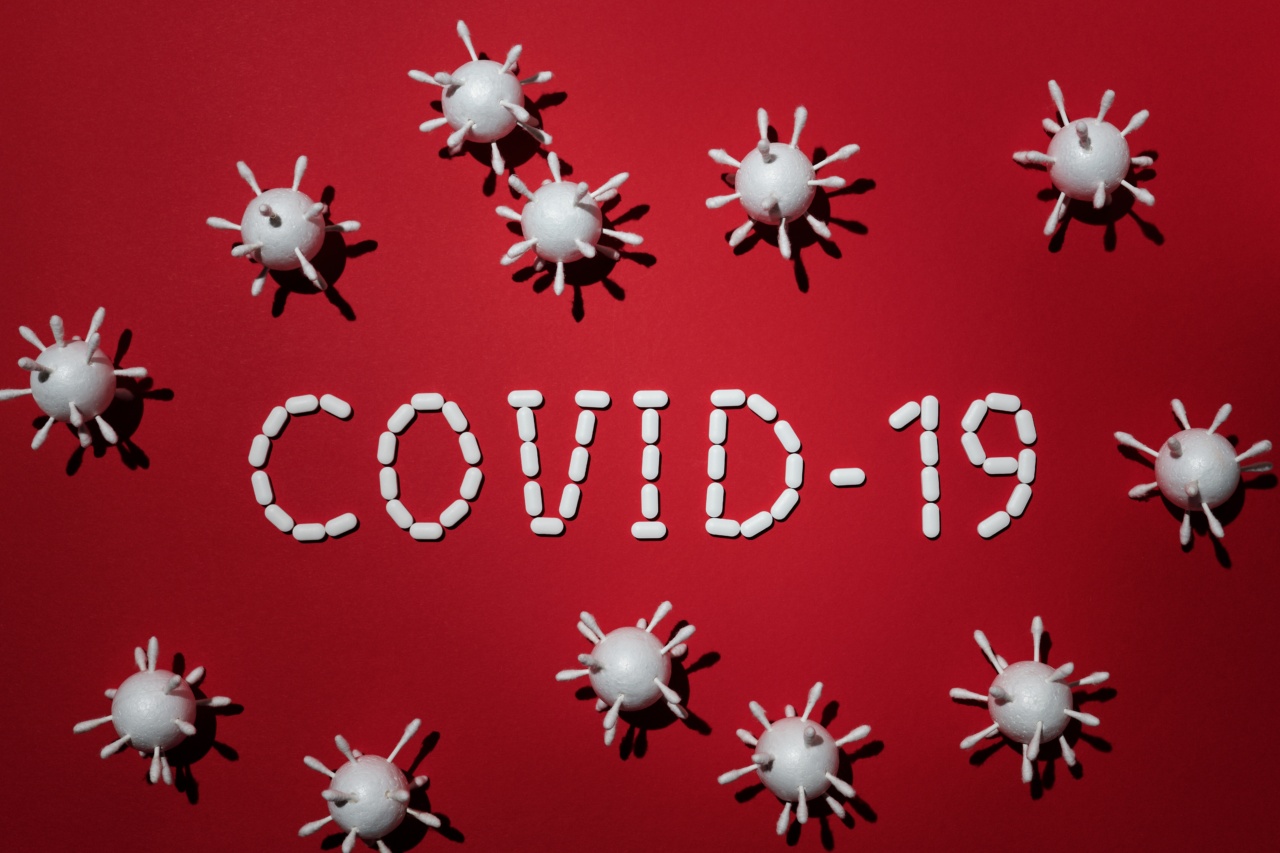Human Immunodeficiency Virus or HIV, an infectious agent that triggers the acquired immune deficiency syndrome or AIDS, is deadly because it wreaks havoc on the body’s immune system.
It attacks the CD4 cells, a type of white blood cell that serves as the cornerstone of the immune system, weakening the body’s ability to fight off infections and diseases. Over time, HIV can destroy so many of these cells that the immune system can no longer function properly, making it susceptible to a range of opportunistic infections and cancers that can ultimately lead to death.
How HIV hijacks the immune system
HIV infection is stealthy. It invades CD4 cells, using them as incubators, and then takes over the host cell’s machinery to produce new viruses.
The virus multiplies rapidly, and new viruses are released from the infected cell, continuing the cycle of infection and replication.
However, researchers have noted that HIV’s primary mode of destruction is not the physical damage it does to cells.
Instead, the virus changes the way that infected cells function and interact with the immune system, resulting in the ultimate demise of these cells.
Recent research has uncovered a novel mechanism through which HIV cripples the immune system – by triggering the self-destruction of the infected cells.
One of the most significant findings in this regard is that HIV infection leads to the activation of a cellular suicide pathway, called apoptosis, in infected CD4 cells, ultimately resulting in cell death.
The Role of Apoptosis in HIV Infection
Apoptosis is a normal and essential process that enables the body to eliminate damaged, infected, or otherwise dysfunctional cells.
It is a programmed cell death mechanism that is vital for maintaining the body’s normal cellular activity and balance.
In cases of HIV infection, however, apoptosis can become activated even though it is not warranted, leading to the unnecessary death of uninfected cells.
And paradoxically, HIV-infected cells become resistant to apoptosis, allowing them to persist in the body for extended periods, contributing to the ongoing destruction of the immune system.
Research has shown that HIV interferes directly with the mechanisms that control apoptosis in infected CD4 cells, leading to their untimely death.
The virus up-regulates the expression of certain genes that promote cell death and down-regulates the expression of others that protect against cell death, such as the BCL-2 family of proteins.
Understanding the role of inflammation in HIV-induced apoptosis
Another key factor contributing to HIV-induced apoptosis is inflammation. Inflammation is a normal response of the immune system to injury or infection, and it plays a crucial role in fighting off invading pathogens.
However, chronic inflammation can be detrimental, leading to tissue damage, organ dysfunction, and disease.
In the context of HIV infection, chronic inflammation can exacerbate the virus’s effects on the immune system, leading to increased apoptosis and CD4 cell death.
One of the primary mechanisms through which inflammation contributes to apoptosis is by promoting the release of reactive oxygen species (ROS) and other pro-inflammatory molecules that can damage cells and trigger cell death.
Treatment implications of HIV-induced apoptosis
The discovery of apoptosis as a key mechanism through which HIV destroys CD4 cells has significant implications for the development of new therapeutic interventions for HIV/AIDS.
Researchers are actively investigating new anti-HIV drugs that target apoptosis pathways in infected cells, with the goal of prolonging the life of immune cells and slowing the progression of the disease.
One of the most promising avenues of research involves the development of drugs that interfere with the activation or execution of apoptosis in HIV-infected cells.
For example, certain drugs that inhibit the activity of the caspase enzyme, a key mediator of apoptosis, have shown promise in preclinical studies of HIV/AIDS.
Conclusion
Overall, the discovery of apoptosis as a crucial mechanism through which HIV destroys CD4 cells provides new insights into the complex and dynamic interactions between the virus and the immune system.
It also suggests new targets for therapeutic intervention, with the potential to improve the prognosis and quality of life of AIDS patients.






























